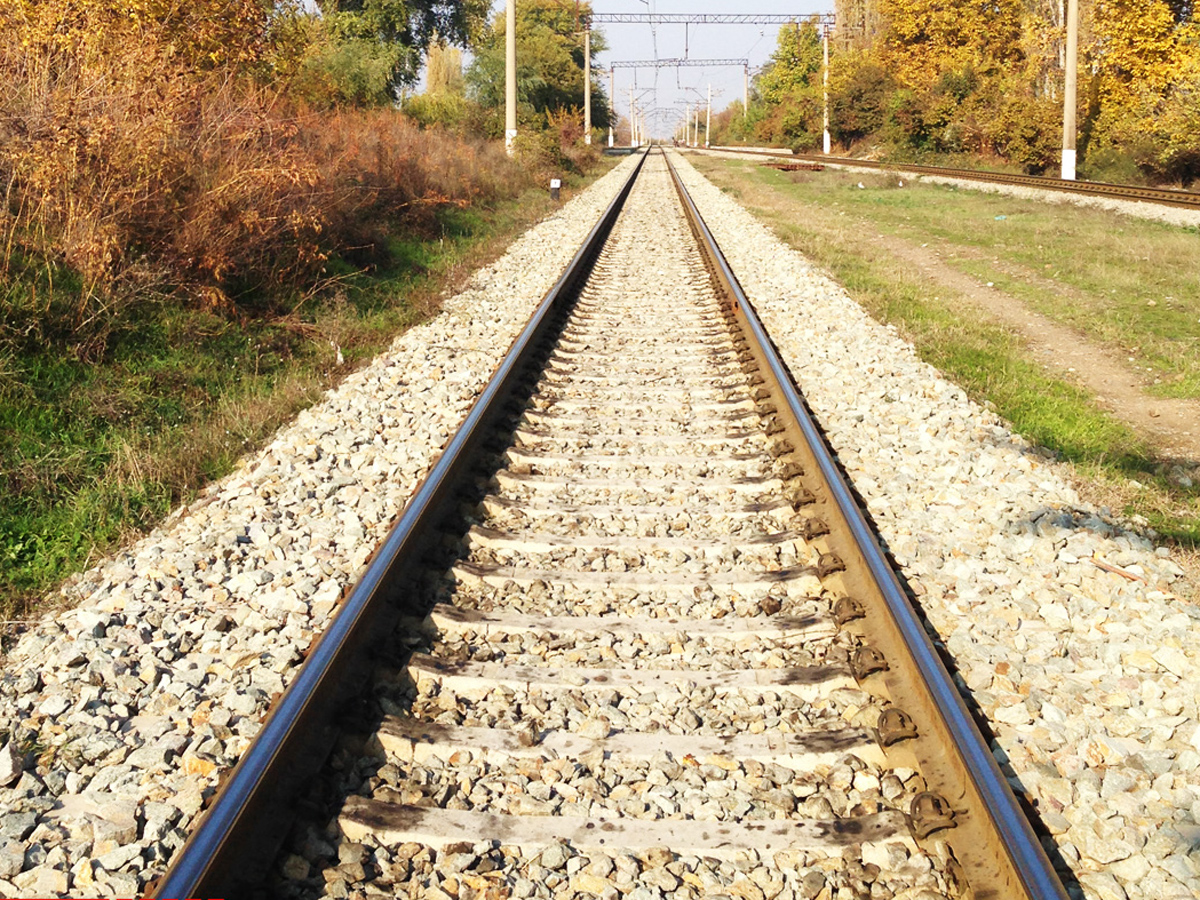Baku, Azerbaijan, Sept. 22
By Elena Kosolapova - Trend:
Standard & Poor's Ratings Services lowered its long-term corporate ratings on Kazakhstan's national railroad company, Kazakhstan Temir Zholy (KTZ), and its core subsidiary, freight-wagon owner JSC Kaztemirtrans (KTT), to 'BB+' from 'BBB-'. The outlook is negative, Standard & Poor's said.
Standard & Poor's also lowered its Kazakhstan national scale ratings on these entities to 'kzAA-' from 'kzAA'.
At the same time, Standard & Poor's lowered our rating on KTZ's senior unsecured bonds, including those issued by its financing subsidiary, Kazakhstan Temir Zholy Finance B.V., to 'BB+' from 'BBB-'.
"The downgrade primarily reflects our expectation that KTZ's adjusted debt to EBITDA will increase to more than 5x by year-end 2015 and will not improve to a level we consider commensurate with a higher rating in 2016," the statement said.
The increase in leverage is largely due to the devaluation of the Kazakh tenge since mid-August 2015 by more than 30%, which resulted in an increase in KTZ's debt, of which more than one-half is foreign-currency nominated. Additionally, KTZ's railway transportation volumes have been declining throughout 2015 at about 15% on an annual basis, reflecting a drop in commodity exports, primarily to China and Russia. Flat tariffs and low cost flexibility have further translated into a decline in KTZ's EBITDA margin, by about 10% in the first half of 2015, the statement said.
The agency also revised its assessment of KTZ's liquidity to "less than adequate" from "adequate." With less cash available due to lower profitability and higher interest payments, KTZ will need to find additional funding sources for its considerable investment program, which cannot be easily postponed, the statement said.
KTZ is a 100% indirectly government-owned, national railroad owner and operator. The rating on KTZ reflects our view of the company's stand-alone credit profile (SACP) at 'b' and the "very high" likelihood that its owner, the government of Kazakhstan, would provide extraordinary support to the company.
Historically, KTZ has benefited from the state's tangible financial aid, subsidies, and equity injections, and we expect that will continue, although some projects may be delayed. We also note that the country lacks access to the sea or navigable rivers, making railroads vital for national transportation. KTZ, as the national railroad company responsible for about one-half of all freight traffic in Kazakhstan, plays a key role in Kazakhstan, the statement said.
"We equalize our ratings on KTZ's subsidiary KTT with those on KTZ, reflecting the overall creditworthiness of the group," the statement said. "This is because we assess KTT as "core" to KTZ, given the company's close operational integration in the group; KTZ's 100% ownership of KTT; the financial guarantees on a major part of the debt issued by KTT and KTZ; and large intragroup cash flows. Furthermore, we believe that as one of the main subsidiaries of KTZ, KTT is closely associated with KTZ, and we think that its default could impair KTZ's access to capital markets."
Standard & Poor's negative outlook on KTZ and KTT mirrors the outlook on Kazakhstan.
"We could lower the ratings on KTZ if we downgrade the sovereign," the statement said. "We could also downgrade KTZ if our assessment of extraordinary government support weakens, because of the state's reduced willingness or ability to provide tangible financial aid, subsidies, and equity injections. Lessened government support could also result from KTZ's partial privatization."
"We could also lower our ratings if we saw a significant deterioration of liquidity, such as the inability to secure funding for capital investment or the inability to reset the covenants to comfortable levels," the statement said. "We would likely revise our outlook on KTZ to stable if we revise our outlook on the sovereign to stable."
---
follow the author on Twitter: @E_Kosolapova






